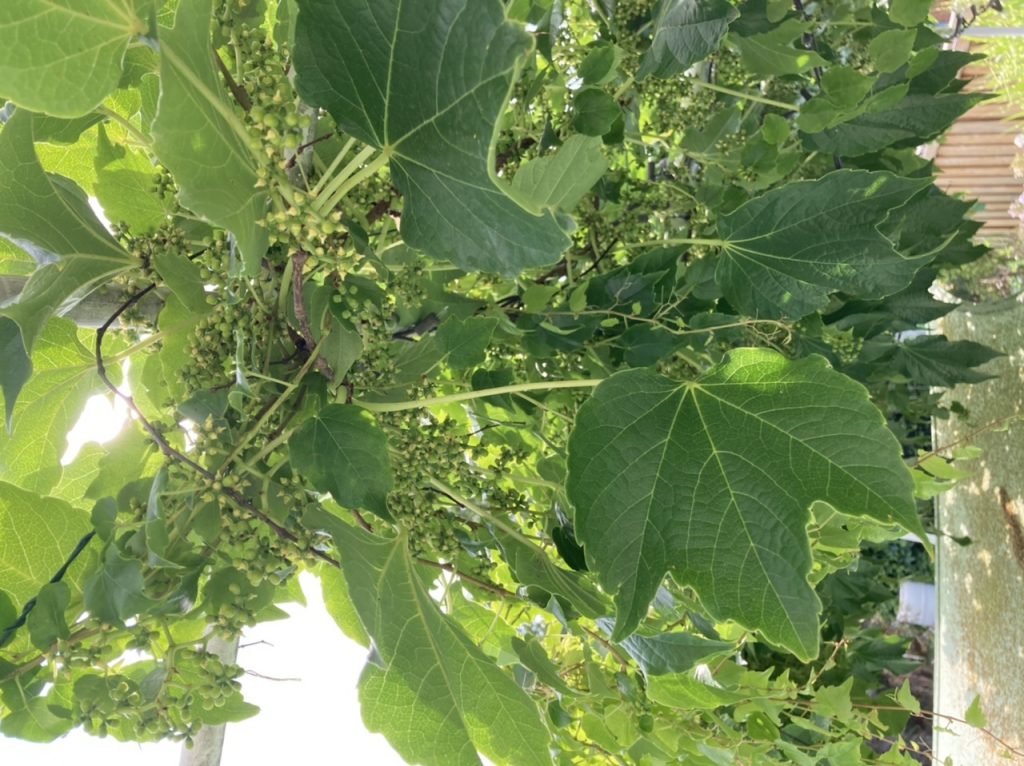
Our backyard faces west full-sun. We had a grapevine over our pergola when we moved into the house. It brought many raccoons and wasps and we weren’t sad when it died. We decided to grow Boston Ivy over the pergola only to find that 4 years later it is a bee/wasp pollinating feast for 3 weeks of the short summer. We can’t go outside without stepping on, get hit by and hearing the loud buzzing during the flower season. We love our backyard and with small children and a dog we are looking to remove the Boston Ivy and replace with another plant shade option. Would English Ivy be a better option?
Our soil drains well. We do have some clay. We are zone 6.
Any suggestions are appreciated!
Hello – While I sympathize with your problem, covering your pergola with climbing vines will always attract some kind of wildlife. I’ve gone through a list from Landscape Ontario of climbing vines to try and find suggestions that might minimize this problem. The full list can be found at the link at the link below.
Landscape Ontario – Climbing Vines
First of all, you would have the same issue with English Ivy and in any case, as English Ivy is proving to be a problematic invasive we never suggest it.
I wonder if some pruning of your Boston ivy as the flowers are appearing will reduce the issue. I would certainly try this before starting over with a different plant.
If you are keen to experiment with other vines, the Arctic Kiwi (Actinidia kolomikta) might work. The Arctic Kiwi is grown for it’s beautiful heart-shaped leaves which are half green and pink and/or white. This plant is dioecious which means there are separate male and female plants. You will only get fruit if you have both male and female plants present. When growing only for it’s ornamental value a male plant should be selected as they have better variegation. The Arctic Kiwi would benefit from your full sun location. Arctic Kiwi is relatively fast-growing but will not produce flowers for about 3 years after planting. The small, greenish white flowers are inconspicuous. They are pollinated by bees. However, some bees such as honey bees find them too difficult to locate. Bumble bees are their primary pollinator. With only male Arctic Kiwi plants, you will have a reduced potential population of pollinators and no fruit to attract other wildlife.
If you’d like to read more about Arctic Kiwi, here’s a link to some information from the Missouri Botanical Garden.
Missouri Botanical Garden – Actinidia kolomikta
I hope these suggestions provide help with your issue and you are able to enjoy your pergola all summer long.

